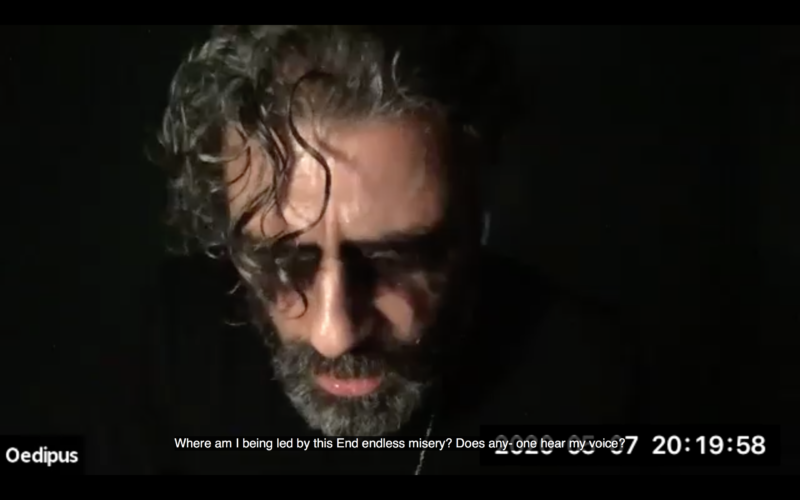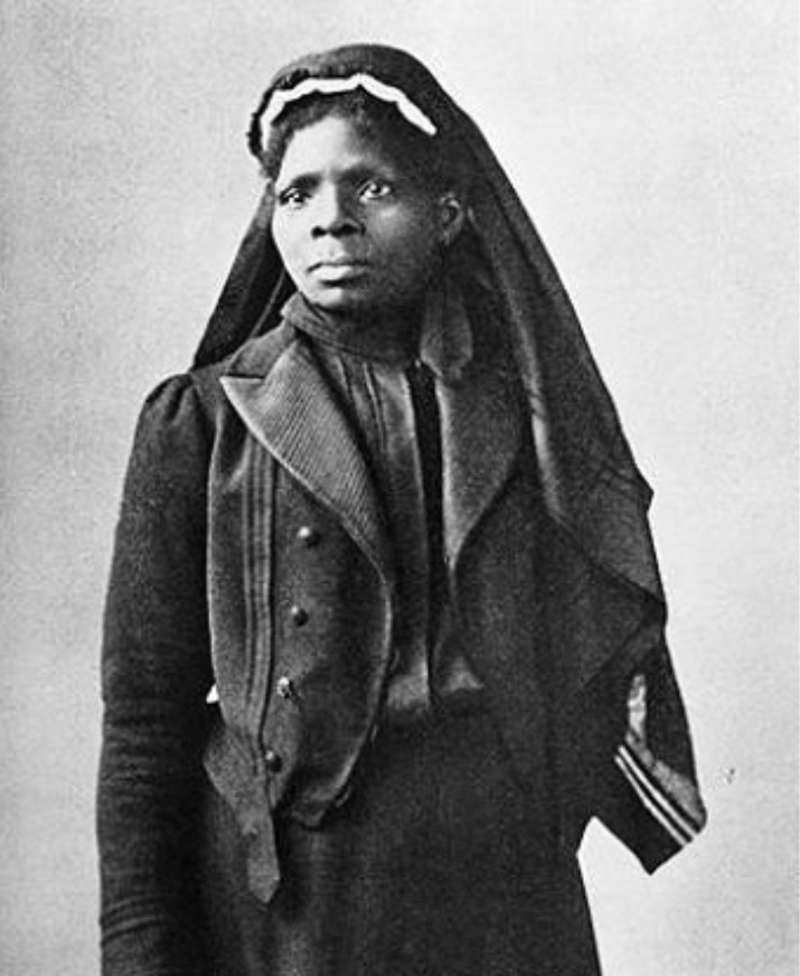Open to Public
Theater of War Albany
About the play
-
Ajax by Sophocles
Sophocles’ Ajax tells the story of a fierce warrior who is passed over for recognition by his command after losing his cousin Achilles in battle during the Trojan War. Feeling betrayed, Ajax attempts to murder his superior officers, fails, and—ultimately—takes his own life. The play tells the story of the events leading up to Ajax’ suicide, as well as the story of his wife and troops’ attempt to intervene before it's too late. The play also depicts the devastating impact of Ajax’ suicide upon his wife, son, brother, troops, and chain of command.
Cast Members
-

Juliana Francis-Kelly
-

Alex Grubbs
-
Chris Henry Coffey
Explore Projects
-
 Pandemic & Climate CrisisThe Oedipus Project
Pandemic & Climate CrisisThe Oedipus ProjectThe Oedipus Project presents acclaimed actors reading scenes from Sophocles’ Oedipus the King as a catalyst for powerful, constructive, global conversations about the climate crisis, ecological disaster, environmental justice, and healing online conversations about the impact of the COVID-19 pandemic upon diverse communities throughout the world. Sophocles’ ancient play, first performed in 429 BC, just after the first wave of a plague that killed nearly one-third of the Athenian population, is a story of arrogant leadership, ignored prophecy, intergenerational curses, and a pestilence and ecological collapse that ravages the archaic city of Thebes. Seen through this lens, Oedipus the King appears to have been a powerful tool for helping Athenians communalize trauma and loss, while interrogating their own complicit role in the suffering, not just of those around them but of generations to come.
-
 Caregiving & DeathThe Susie King Taylor Project
Caregiving & DeathThe Susie King Taylor ProjectA dramatic reading of Susie King Taylor's memoir to help frame powerful, guided discussions about challenges faced by Nurses and Veterans.
-
 GenocideThe Investigation
GenocideThe InvestigationTheater of War Productions and the Museum of Jewish Heritage, in partnership with the National Yiddish Theatre Folksbiene, present readings of scenes Peter Weiss' play The Investigation, a piece of documentary theater adapted from the Frankfurt Auschwitz Trials of 1963-1965. This project centers on guided discussions about mass murder and its lasting impact upon individuals, families, communities, and countries throughout the world. Performed by a diverse cast, including international performers from communities affected by genocide, The Investigation seeks to generate powerful dialogue across cultures and communities about the human capacity for evil, as well as the systems and hierarchies that create the conditions for unthinkable violence.